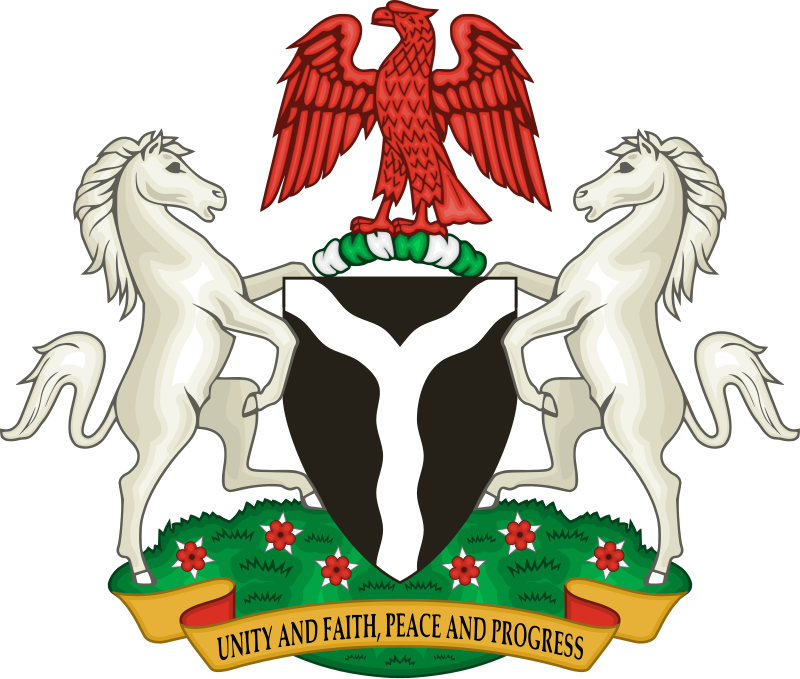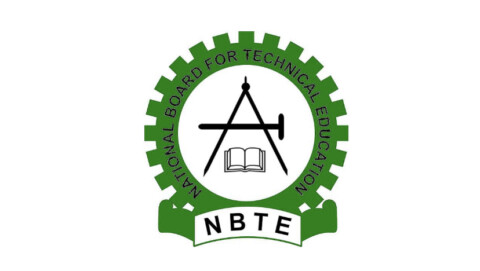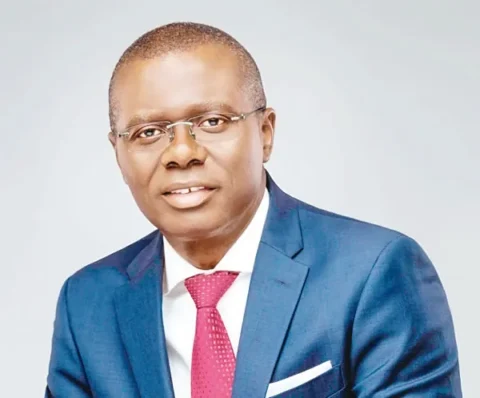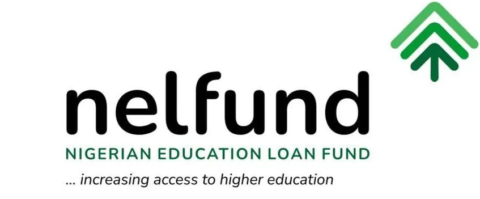The Federal Government has reiterated its resolve to ensure Nigeria achieves 95 per cent digital literacy by the year 2030, declaring that no stone would be left unturned in the pursuit of the ambitious target.
Speaking during the inaugural meeting of the National Digital Literacy Technical Working Group (NDL-TWG) in Abuja, the Chairman of the Group and President of the Digital Bridge Institute (DBI), Mr. David Daser, said the inclusion of digital literacy in the Renewed Hope Agenda of President Bola Tinubu underscores the administration’s dedication to national transformation through digital empowerment.
Daser, who was joined by stakeholders at the DBI headquarters, emphasized the importance of coordinated efforts toward bridging the digital gap across the country. He noted that the NDL-TWG’s role is to unify and scale existing digital literacy initiatives, while addressing persistent challenges such as fragmented programs, infrastructure deficits, and inconsistent data collection.
“This strategic focus is not merely about technology adoption,” he stated. “It is about human capacity building, job creation, and unlocking the vast potential within our vibrant populace. Digital literacy is now a fundamental necessity—a gateway to economic prosperity, social inclusion, and improved governance.”
He commended the Minister of Communications, Innovation and Digital Economy, Dr. Bosun Tijani; the Head of the Civil Service of the Federation, Mrs. Didi Esther Walson-Jack; and the Director-General of NITDA, Malam Kashifu Inuwa, for their continued commitment to the digital agenda.
Daser noted that the Digital Literacy for All initiative, launched by NITDA, is a critical response to the challenges facing digital education in Nigeria. He explained that the NDL-TWG is tasked with harmonizing digital education strategies nationwide, bridging infrastructure gaps, and ensuring that digital literacy reaches all citizens, regardless of age, gender, or location.
“Our mandate is clear,” he said. “Coordinate, standardize, and scale digital literacy initiatives nationwide. This journey requires unprecedented collaboration—from government agencies, the private sector, academia, civil society organizations, and every Nigerian who understands the imperative of digital inclusion.”
Also speaking at the meeting, the Co-Chair of the Technical Working Group and Executive Secretary of the National Board for Technical Education (NBTE), Professor Idris Bugaje, described the initiative as a “smart move” by the government and key stakeholders.
Bugaje highlighted NBTE’s digital transformation, citing its successful transition to fully digital accreditation processes, which he said has cut costs, improved efficiency, and eliminated the risks associated with physical interaction.
“The NBTE has already embraced digital technology,” he said. “Accreditation is now done entirely online—no physical visits. Forms and documents are submitted and assessed digitally. This has ensured transparency and eliminated the so-called Nigerian factors in the process.”
He added that the board is working to connect all polytechnics to a central digital database, which will house comprehensive information on students, staff, and institutional activities.
The meeting concluded with renewed assurances from all stakeholders of their commitment to realizing the 2030 digital literacy target and building a more inclusive, technology-driven Nigeria.





